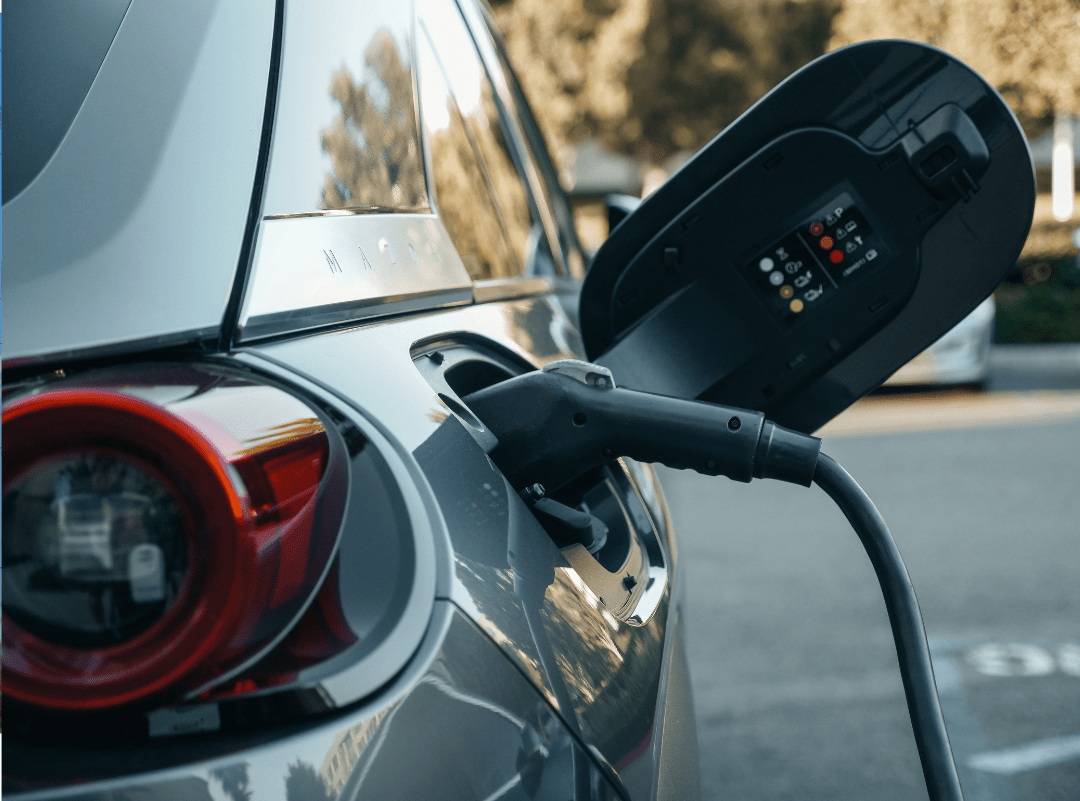By Tim Nau
The transportation sector was responsible for the largest share of the United States’ greenhouse gas emissions in 2021 (28%). Promoting electric vehicles (“EV”) on the nation’s streets has been an important element of the United States’ strategy for meeting its ambitious goal of achieving a net-zero carbon economy by 2050.
Taking into consideration overburdened and underserved communities creates an important yet often undervalued perspective. This post will address the benefits of promoting equitable deployment of EV charging infrastructure in these communities in the District of Columbia (“DC” or the “District”) as well as the challenges associated with it, and present what has been done so far.
Continue reading “Electric Vehicle Charging Infrastructure in Overburdened and Underserved Communities in The District of Columbia”

